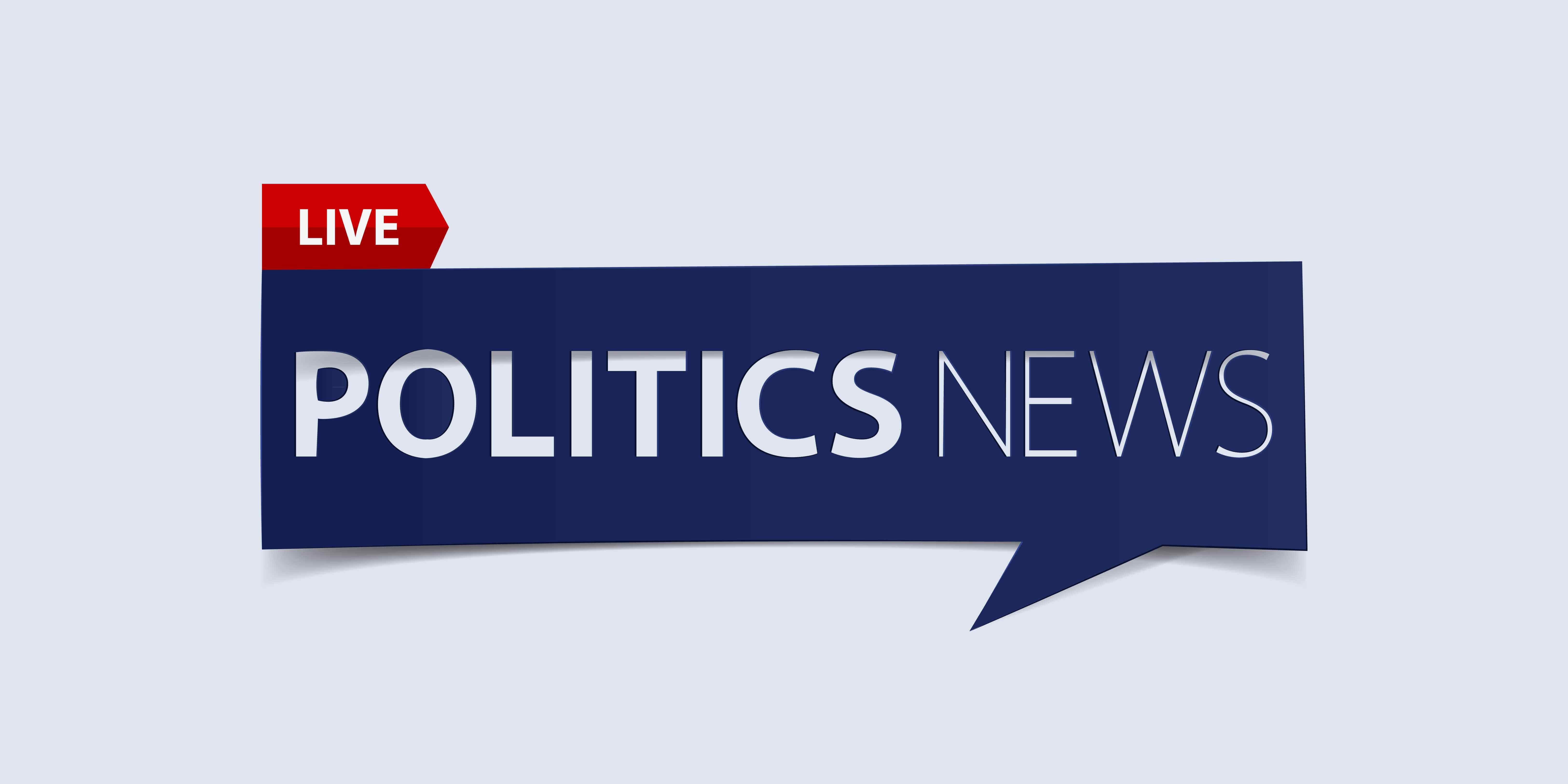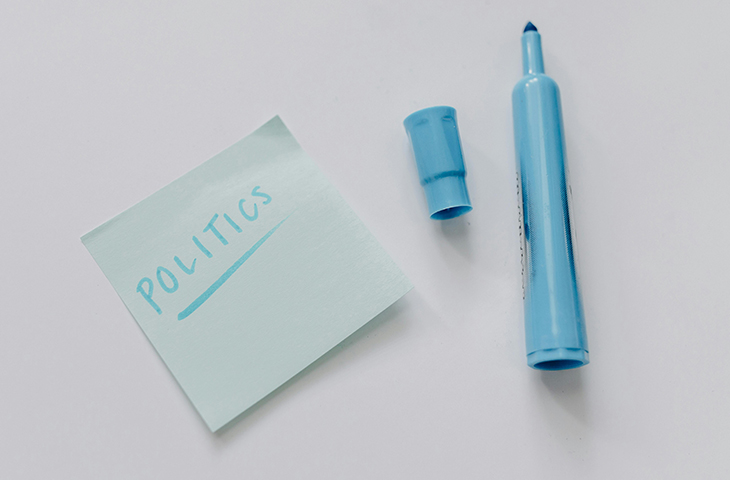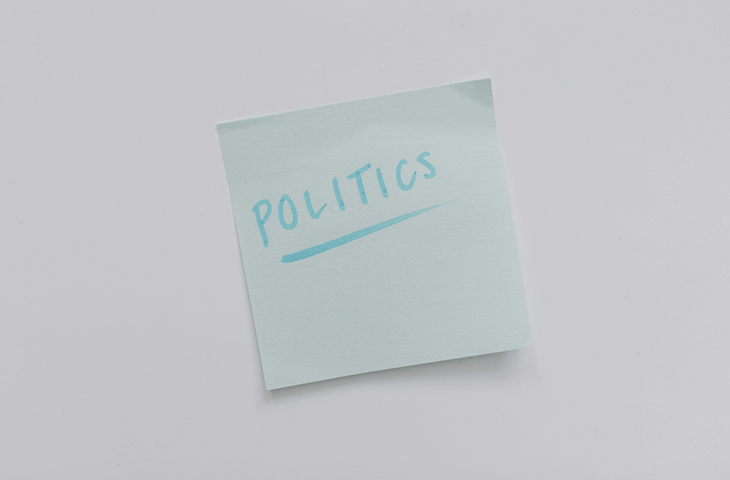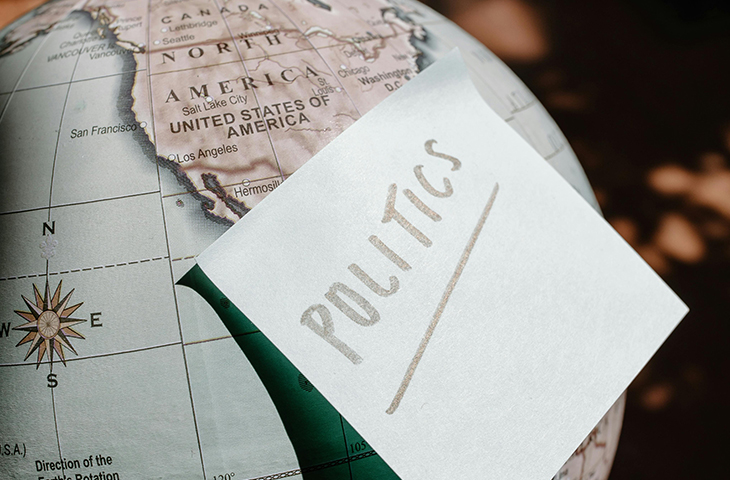‘not Going To Support That Guy’: Canadians Freeze Visits To The U.s. Over Trump

NEW YORK — Marketers for top U.S. destinations are trumpeting a reminder to Canadians amid a dive in tourism: You’re welcome here regardless of who’s president. But some northern neighbors predict their deep freeze on spending in America could last as long as Donald Trump is in office.
Tour buses to New York City are being canceled. Cross-border day trips for shopping are thinning out. And travel agencies are seeing a steep drop-off, too.
Among them, the Vancouver-based Travel Group reports future bookings are down 90 percent; Travac Tours, based in Ottawa, has canceled all its tours to the United States through July; and Maple Leaf Tours, headquartered in Kingston, Ontario, has seen its business plummet 70 to 80 percent.
“It was always such a happy time whether we were going to Myrtle Beach or Florida or Boston or the Cape,” Maple Leaf Tours founder Kristine Geary said in an interview. “And now it’s anxiety and apprehension and nerves. It’s ‘will I be safe?’ And it’s hesitation. Some people are saying, ‘I’m not going to support that guy.’”
Businesses in both the U.S. and Canada are bracing for even bleaker months ahead.
Travel from Canada is expected to plummet 20 percent this year, costing the United States $3.4 billion in lost revenue relative to last year, analytics firm Tourism Economics projects. In New York’s North Country, which shares hundreds of miles of border with Canada, 66 percent of businesses are already experiencing a dip in Canadian bookings for the year, a recent survey found.
There’s no sign that U.S.-Canadian relations will thaw anytime soon, either. The century-plus alliance has veered into hostility after Trump’s threat to annex Canada and his tariff whiplash, which included the president levying a 25 percent tariff on Canadian goods not covered by an existing trade deal. Also concerning, travel advisers said, is the possibility tourists could be detained at the border by U.S. Customs officials, a prospect bolstered by reports of Europeans and Canadians held at northern and southern crossings.
What began as a boycott over Trump’s many insults — “Canada only works as a state,” the president has said — has devolved into purse-tightening amid economic uncertainty and apprehension about border stops. Tourism industry leaders are especially on edge as the United States prepares to host marquee events like the 2026 FIFA World Cup and America’s 250th anniversary.
But cities and states that depend on visitors to turbocharge their economies are ready to woo, plead and pivot until Canadians and others see them as separate and apart from Trump.
The nonprofit Visit California has a message to all: “You’re welcomed and respected in California.” Visit Lauderdale, which promotes Florida’s Broward County, tells Canadians they “are always among friends.” The North County Chamber of Commerce in New York has equipped local businesses with “Welcome Canadians” signs and other tools.
And NYC Tourism + Conventions is leaning hard on the global marketing campaign it began last fall, “With Love + Liberty, New York City.”
“I think generally people from Canada and Europe know that New York City is a welcoming place for people from all around the world,” said Andrew Rigie, executive director of the New York City Hospitality Alliance. “But it is going to take an investment to remind people that locally, we want you here, and you’ll have a wonderful experience regardless of what our national rhetoric may be.”
New York City, one of the world’s most dynamic gateways, has long lured Canadian school groups, retirees and other visitors seeking an escape just hours away. With iconic draws like the Statue of Liberty, Broadway shows and fine dining, the Big Apple is generally more inoculated from slides in travel trends than other regions — and it has a reputation as a deep-blue bastion.
But Democrat-run cities and states could see a reduction in Canadian traffic that’s worse than what they experienced during Trump 1.0.
“After the 2016 election, a lot of Canadians were more willing to go to spend their money in places in the U.S. that they perceived that the residents would have similar value structures to them: California, Hawaii, the whole West coast, New York and the Northeast, Boston,” said McKenzie McMillan, travel adviser with the Vancouver-based Travel Group. “Now, a lot of Canadians are grappling with the idea of ‘Do I go? Or is this something that I need to take a stand on?’”
Border regions have been affected differently by Canadians’ reluctance to drive a couple miles over the border to restaurants and stores in the states. The severing of the bond is personal among neighbors.
And it’s now being felt in New York’s North Country, which is represented by Rep. Elise Stefanik and on the frontline of the U.S. trade war with Canada. Trump floated Stefanik as his ambassador to the United Nations, but pulled the nomination amid his tariff rollout and concerns about the GOP’s razor-thin grip on power in the House. Senate Minority Leader Chuck Schumer has sought to spotlight how hard the local economy will be rocked by tariffs.
Garry Douglas, president and CEO of the North Country Chamber of Commerce, expects the climate will remain volatile ahead of Canada’s federal elections on April 28.
“We especially feel and appreciate the sense of hurt as one would with one’s family,” Douglas told POLITICO. “Not just for economic reasons but because our people-to-people connection is deeply valued here.”
U.S. Customs and Border Protection data shows there was a nearly 12 percent decrease in travelers across the northern border this past February versus February 2024, and the drop is expected to be steeper for March. The White House said tourism will bounce back when Trump’s vision is realized.
“President Trump’s agenda to make America wealthy, safe, and beautiful again benefits Americans and international visitors alike,” said White House spokesperson Anna Kelly. “New York will break tourism records when the Trump administration is finished deporting illegal migrant lunatics who set subway riders on fire.”
Canadian travel planners say a safer bet on a return to normal travel levels is a post-Trump era.
“I think it’s going to be four years,” Geary of Maple Leaf Tours said of the hit to travel and commerce. “I hope I’m wrong, because it’s a killer on my business. But there’s so much anxiety.”


